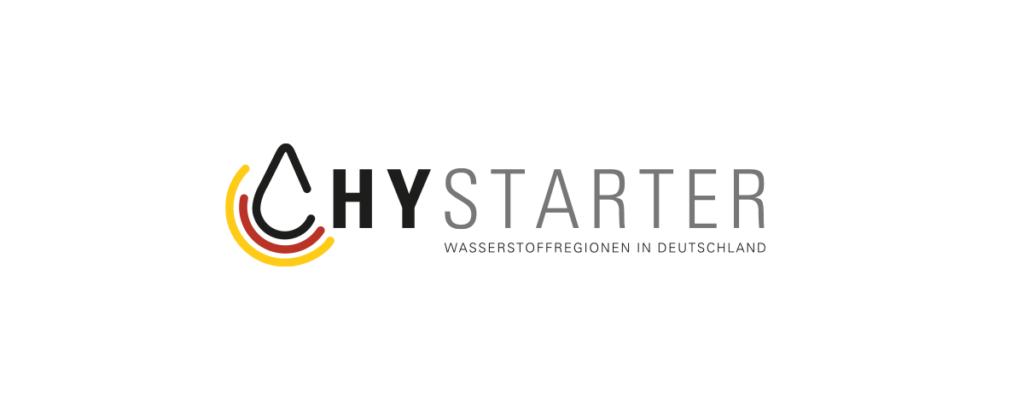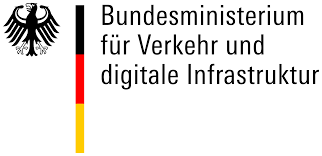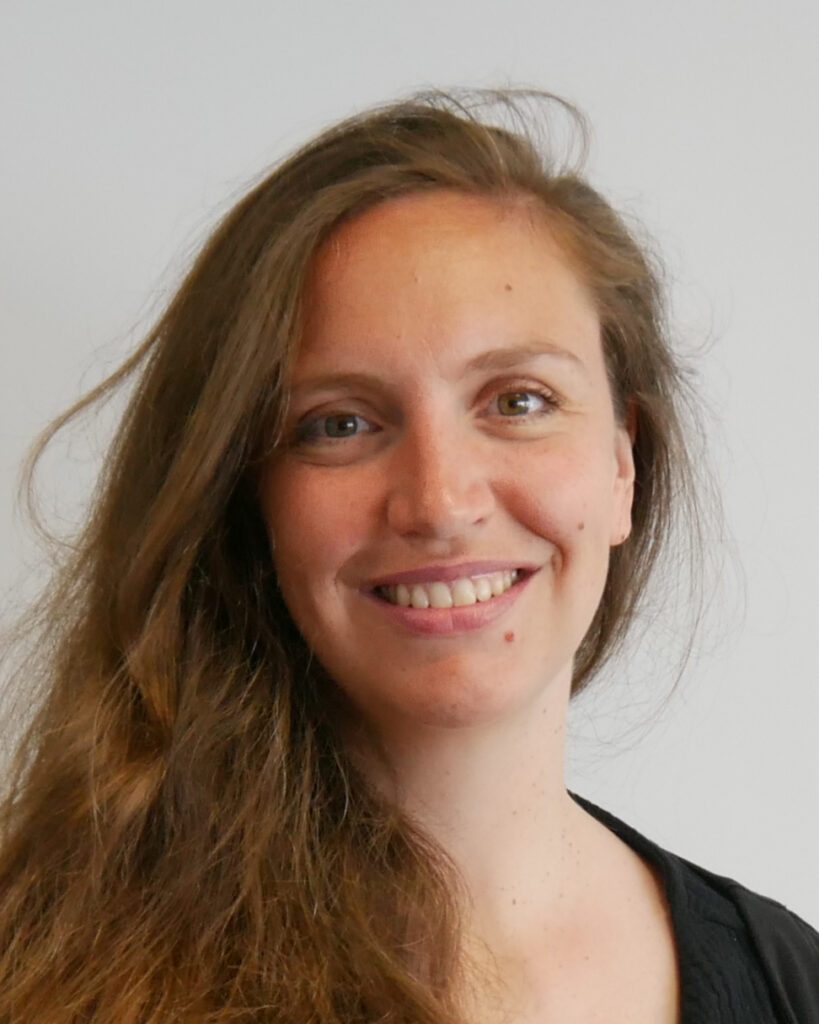HyStarter – Concepts for a Regional Hydrogen Economy

Project description
In the HyStarter project, concepts for the use of hydrogen are being developed for nine regions in Germany and a local network of actors is being created.
The aim is to provide the regions with suitable instruments for the development of hydrogen as a component of the Energy Transition. RLI and the project partners accompany and support the regions in identifying the potential of hydrogen and fuel cell technology in regional activities and in developing appropriate concepts.
Creation of individual hydrogen concepts
During the course of the project, several stakeholder dialogs will be held with the regions where the individual hydrogen concepts are designed. Each region has its own basic requirements and challenges, which will be met together with the consortium. To achieve this, the regions were classified into categories:
- Coastland/Wind Energy (Rügen-Stralsund)
- Structural change/Energy (Lusatia)
- Industry/Automotive (Reutlingen)
- Metropolitan Region/Mobility (Kiel)
- Education/Knowledge transfer (Weimar and Marburg)
- Medium-sized region (Allgäu and district of Schaumburg)
- Border region/European networking (Neustadt a. d. Waldnaab)
- Modeling of system components for hydrogen utilization
In the first step, the regional conditions are identified and rough concepts or technologies to be used for hydrogen utilization (electrolyzer, fuel cell, etc.) are developed and evaluated. Subsequently, the concept is examined by a model-based analysis for its macroeconomic and ecological effects and open design questions are answered by means of optimization algorithms. RLI conducts these investigations with the self-developed open-source simulation framework smooth. For this purpose, the selected concepts are modeled with all system components and designed with regard to the optimization goals.
This gives the region an assessment of the feasibility of the concept ideas. This includes information on the dimensioning of individual components to cover the electricity or heat requirements. In addition, technologies are suggested that have the potential to complement the concept or replace other components in order to enable an implementation that is as economically and ecologically sustainable as possible.
Identification of regulatory obstacles
In the next step, the macroeconomic effects of the concept are broken down by sector in order to identify potential positive and negative impacts of the concept and, if necessary, to develop compensation mechanisms. In addition, a first assessment of the concept with regard to the legal framework and regulations will be carried out in order to identify any regulatory obstacles or opportunities and to develop strategies for action.
>br> The finished concepts are discussed with local stakeholders and a joint roadmap for implementation is developed.
Together with the project partners, RLI accompanies and supports the regions. The consortium consisting of Spilett new technologies GmbH, Choice GmbH, Becker Büttner Held Consulting, Energy Engineers GmbH and RLI receives funding for this project within the framework of the program HyLand – Hydrogen Regions in Germany of the Federal Ministry of Transport and Digital Infrastructure.
More information about the project content, background, and regions can be found on the website of the HyStarter project.
Project duration: September 2019 – July 2021
Tasks
- Modeling and simulation of concept ideas for all regions with all components (hydrogen storage, electrolyzer, compressor, etc.)
- Answering open design questions by means of optimization algorithms
- Recommendation for action with regard to economic and ecological optimization for the concepts (avoidable costs in total and per year as well as CO2 saving potential)







